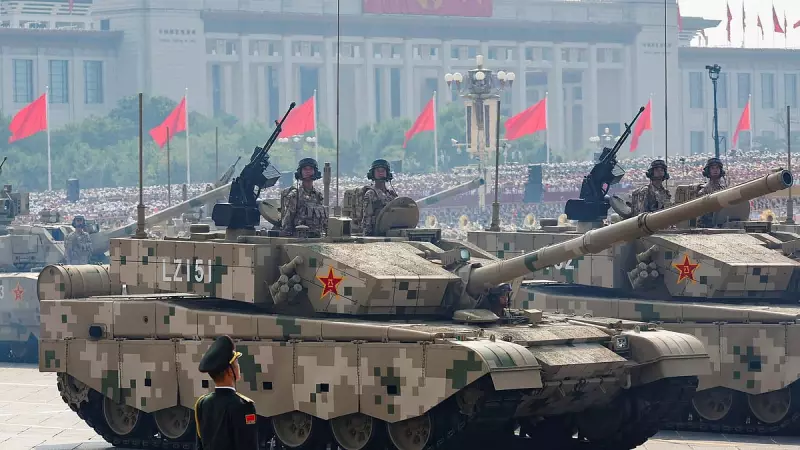
Major Shake-up in China's Military Leadership
Chinese President Xi Jinping has initiated significant purges within the country's armed forces, creating ripples across the global nuclear order. This dramatic restructuring comes at a time when both China and the United States are implementing substantial changes to their military infrastructures, though through markedly different approaches.
The timing of these developments is particularly noteworthy, with the International New York Times reporting on November 13, 2025, about the far-reaching implications of these command changes. While specific details about the scale of the purge remain closely guarded, the restructuring appears to affect key positions within China's nuclear command structure.
Parallel Military Transformations
What makes this situation particularly significant is that both global powers are simultaneously pushing through major military reforms. The United States has been working on modernizing its own nuclear arsenal and command systems, while China under Xi Jinping appears to be consolidating control and eliminating potential dissent within the People's Liberation Army.
These parallel developments represent one of the most substantial shifts in global military dynamics in recent years. The simultaneous restructuring efforts between the world's two largest economies could potentially alter the balance of power in the Asia-Pacific region and beyond.
Global Implications and Regional Impact
The military purge initiated by Xi Jinping raises important questions about China's strategic direction and nuclear posture. Analysts are closely watching how these internal changes might affect China's external military behavior, particularly in sensitive regions like the South China Sea and regarding Taiwan.
For India, which shares a contentious border with China, these developments warrant careful monitoring. The restructuring of China's military command could influence how border disputes and regional security matters are handled in the coming months. The timing suggests that Beijing is preparing for a more assertive military stance on the global stage.
As both superpowers continue their military transformations, the international community remains watchful of how these parallel developments might impact global stability and nuclear deterrence strategies in an increasingly multipolar world.





